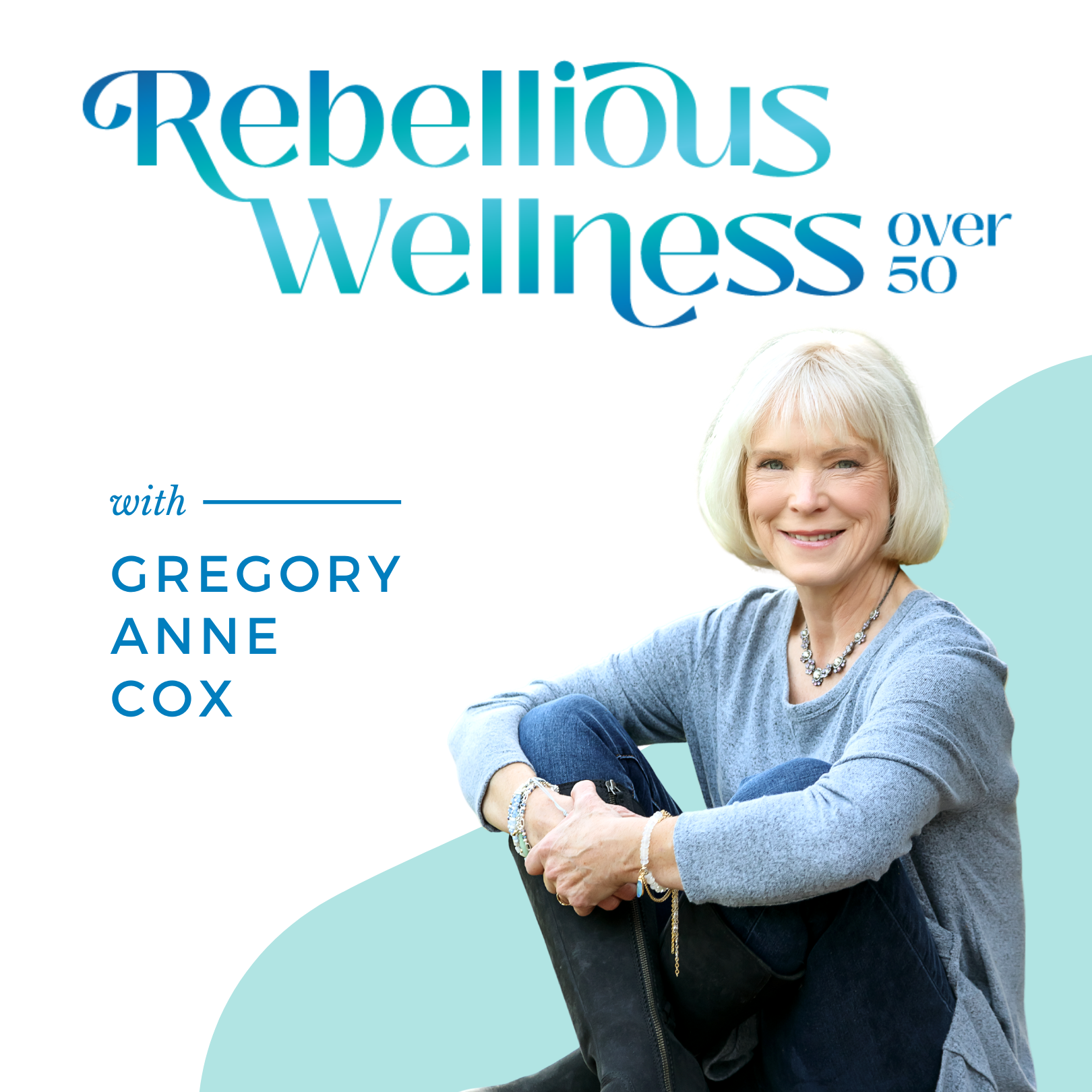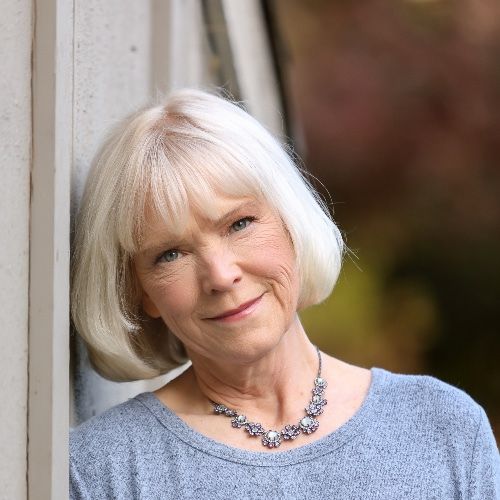Episode 86
The Truth About Osteoporosis, Osteopenia, Fear and Bones
Dr. Susan Brown is a medical anthropologist, a New York State Certified Nutritionist, who pioneered the natural approach to bone health for over 30 years.
She was the first to prove that using only natural methods, nearly every woman can build strong bones for life. Incorporating her research and the latest science, her six-point natural program has helped tens of thousands of women take control of their bone health and enjoy long, active, happy lives.
Dr. Brown fits the rebellious wellness profile to a T.
I feel like listening to this interview is the best way for you to understand the many aspects of bone strength, bone tests, drugs, diet, lifestyle and stress impact our bones.
That said here are some highlights.
“ Osteoporosis was always defined by bones so weak that they fractured needlessly.”
In 1985, a bunch of (male) scientists working at Harvard decided they were going to create a machine, DEXA, that could predict who was going to fracture. It would read bone density. For 10 years they collected data on many people.
Guess who sponsored the machines? Drug companies.
They created 3 categories: normal, osteoporosis, osteopenia for those who weren’t normal but they were lower than the normal range for 30-year old women.
“Osteopenia was never meant as a diagnosis.”
10 more years go by and the begin to publish data on who’s going to fracture. Just like those with the lowest cholesterol are guaranteed to avoid heart disease, they found that those most likely to fracture came from the normal and osteopenia groups.
“10%- 30% of fractures occur in people with normal bone density.”
If you happen to be thin or short Dexa machines will always read that at bone loss—you have less dense bones to begin with.
“This has led to the undermining of the self-confidence of so many women all around the world.”
“They're terrorizing people with this idea of hip fracture, when really the hip fracture rates are declining and half of the hip fractures occur in people with disabilities in nursing homes.”
Bottom line, Dexa machines can’t predict fracture. Not to mention two different machines will give you different readings. The tech has influence too.
Trebecular bone tests add a layer of the picture by measuring metabolically active bone, go for it if it’s offered.
The newest thing is ultrasound to determine bone density. The machine is called EchoLight. Nothing new just newly introduced as a more accurate way to get a picture of your bones.
· Bone strength is very related to muscle, to muscle strength and muscle mass. when you lose muscle, you lose bone, and when you lose are losing bone, you're losing muscle.
· Pay attention to your muscle maybe, and take bone density with a grain of salt, particularly if you're small boned thin or underweight.
· Bones need all of the right nutrients, not just calcium and too much calcium can lead to calcification of the arteries. By the way, the calcium as bone hero story was promoted by the dairy industry.
· Bones sacrifice themselves to ensure we have a balance of minerals. It will store toxic metals like arsenic, cadmium, and lead so they aren’t circulating in the blood. When we lose bone, those toxins are released back into the bloodstream.
· Bones need the right PH balance to stay strong. Best way to test is first morning urine. An alkaline diet—and overall lifestyle will keep you in the right spot. Check out her Alkaline for Life site to learn all about it.
· She has a short book on how to eat for an alkaline system. The Acid Alkaline Food Guide.
· As with muscle, if you don’t use bone you will start to lose bone. How you prevent bone loss that is by placing greater loads on your bones with weight bearing exercise.
· Vitamin D is important for bone health. Dr. Brown thinks that vitamin D would improve the health of the world if more people were encouraged to supplement with it.
· So are potassium and magnesium, sadly we can’t get the right amounts from food.
· We need at least 20 nutrients to support bone health. Her blog has tons of great posts on all things nutrients, testing, and at the top she’s got her 2023 predictions for all things health and healthy bones.
· Dr. Brown gave us her thoughts on the drugs given to prevent fracture. She’s not against them for certain people but would love to see people learn how to build back their bones so they don’t have to rely on them.
· We talked about weight vests—she’s a big fan, vibration plates—there is science behind them, bottom line, any exercise is better than none.
Dr. Brown addressed the effect that fear, aka stress, has on our bones. Chinese medicine says the bones are controlled by the kidneys because they decide what minerals stay or go to keep us in balance.
“A good friend of mine, a famous Chinese doctor, said ‘you'll never solve the bone problem.’ I said, why? He said, because it's based on fear. The emotion of the kidneys is fear, and fear makes the kidneys weak. Our whole approach to bone health is fear.”
That’s why her campaign is to empower women to not be victims of this fear mongering which is what's just happening in so many parts of our life.
More than once it came up that bones health relies on body, mind, and spirit health.
You can take a quiz to assess your risk of fracture and osteoporosis.

